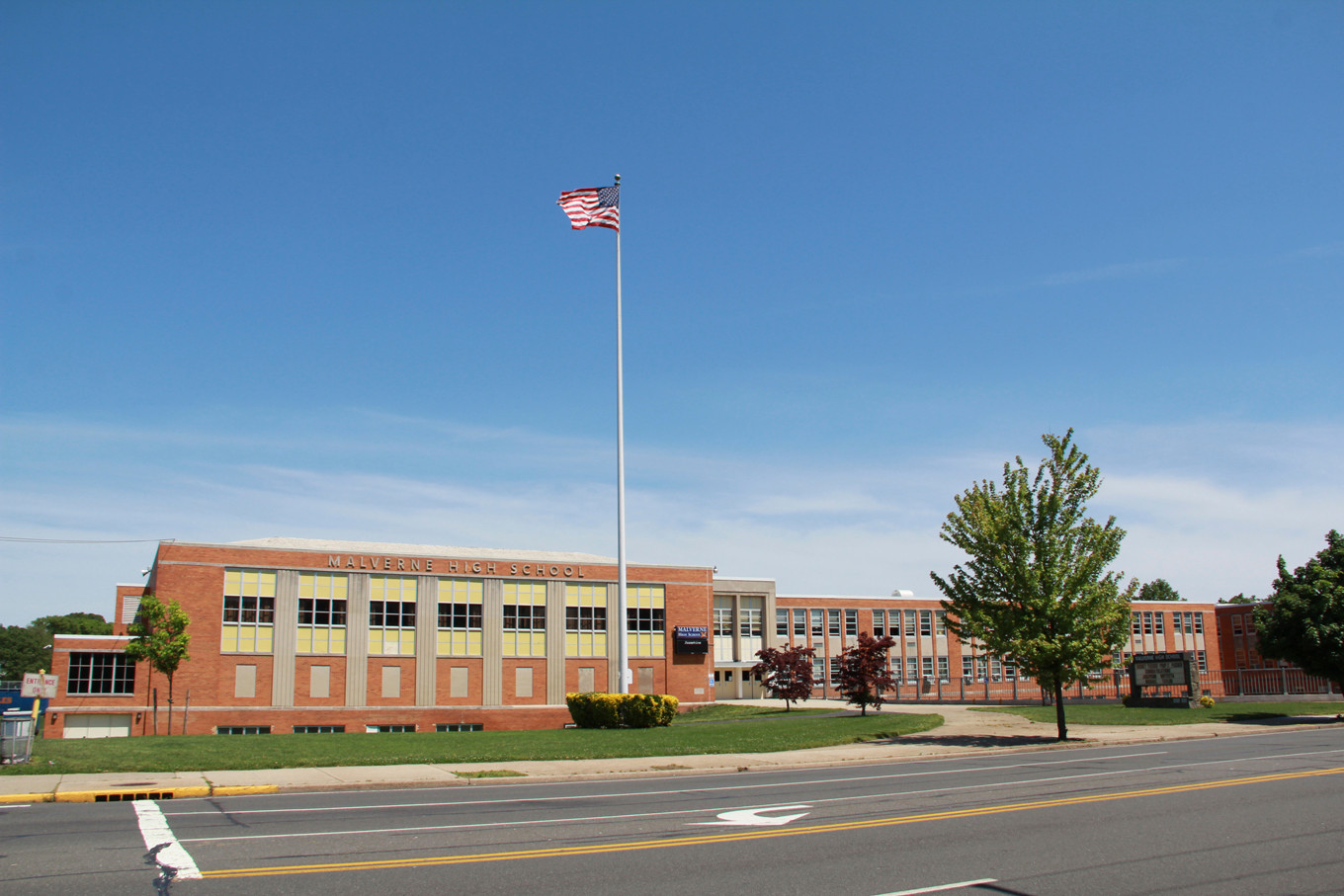Malverne High School to replace Black Studies Club
Almost two months after the 50th anniversary of Dr. Martin Luther King’s celebrated speech at the Lincoln Memorial, Malverne High School students and alumni are speaking out against a pending replacement of the school’s Black Studies Club with a broader-based club that will include other cultural groups, saying they fear losing focus on civil rights history with such a move.
At the district’s Oct. 8 Board of Education meeting, Bea Bailey, president of the Lakeview chapter of the NAACP, asked the board to verify rumors that the school would replace its Carter G. Woodson Black Studies Club with an organization that will include more diversity groups, including the lesbian-gay-bisexual-transgender, or LGBT, community.
“We’ve lost 70 percent of our African-American teachers since the 1970s in a population that has a majority of African-American students,” Bailey later told the Herald. “We feel that [African-American history] was not being taught in the classrooms, and this was another outlet for them to learn about their culture.”
Malverne High School Principal Dr. Vincent Romano confirmed what was described as the “expansion” of the Black Studies Club — integrating organizations such as the school’s Foreign Language Club, but not the Gay-Straight Alliance, since it was not included in the proposal — noting that 37 of its members opted to absorb other clubs when the school faced major budget cuts that endangered extracurricular activities.
“Unfortunately, with the budgets being tight, we can’t have five or six different clubs,” Romano said at the meeting. “One of the most important things that we did in expanding the club was to maintain the integrity of what the Black Studies Club did and that’s a big help.”
While the process of replacing the club is in its early stages — administrators have yet to propose a plan to the board or a name for the new club, and are currently advertizing for a faculty advisor — Romano said that its members will be responsible for organizing club activities throughout the year and taking the initiative in promoting their goals.
“I think there’s maybe preconceived notions about certain cultures, and I don’t think that’s explored in depth,” Romano said of the new club. “I think it will demystify certain cultures and allow people to celebrate cultural difference.”
Several residents criticized the plan at the meeting — including Malverne High senior Sigourney Ann Hessic, 16, who was vice president of the Black Studies Club two years ago — arguing that Black Studies has embraced diversity since it was established in 1973. “I have no problem with integrating other cultures into the club because, after all, that’s what we try to do,” Hessic said. “We don’t need to have a title explaining that, when if you just come to our meetings, you’ll understand that we’re getting that point across as well.”
Hessic said that she helped to organize club fundraisers, visits to the Black History Museum in Manhattan and annual celebrations of Black History Month. Members also raised money for children at an orphanage in Haiti that is owned by former faculty advisor Florence Balay, a chemistry teacher at Malverne High, after Hurricane Sandy strafed the country last year.
Malverne High alumnus Cay Fatima — who participated in one of the first civil rights demonstrations at the high school in 1969, demanding that a Black Studies course become part of the curriculum — also urged administrators to keep the club intact, to honor efforts directed at cultural advancement by former and current students.
“We are one of the only student districts that have really fought for civil rights with regard to creating diversity in the community,” Fatima said at the meeting. “When these young people, constituents and taxpayers complain about the watering down of a club, I feel kind of disenfranchised, because we worked very hard."

 39.0°,
Fair
39.0°,
Fair 




